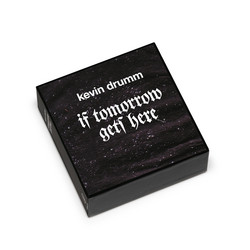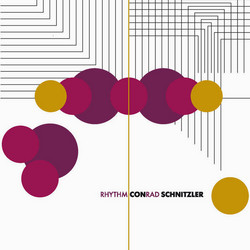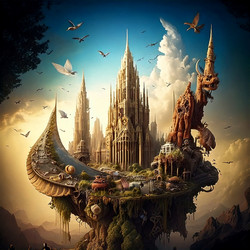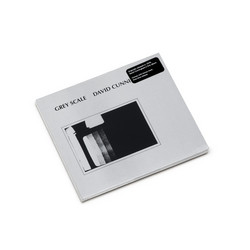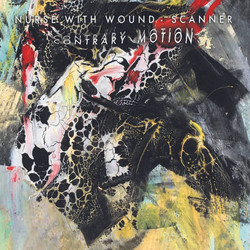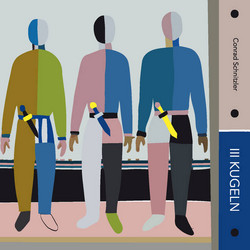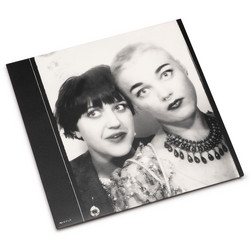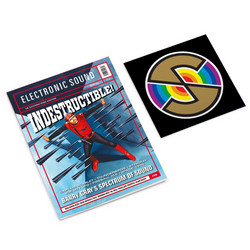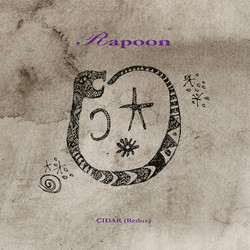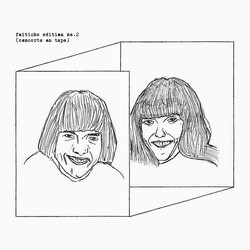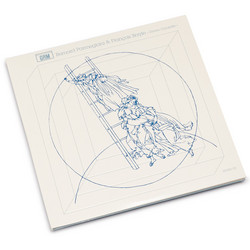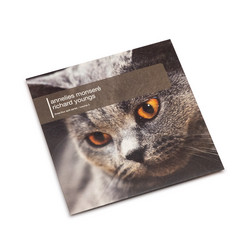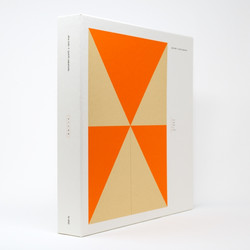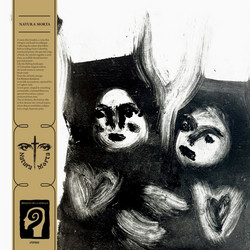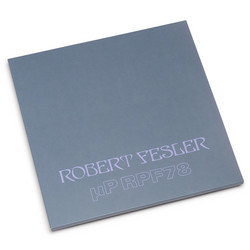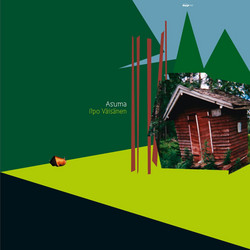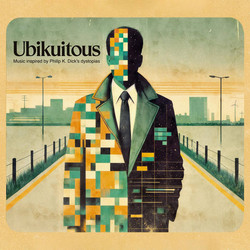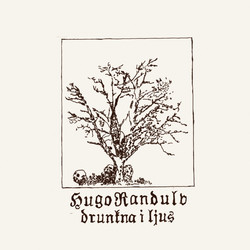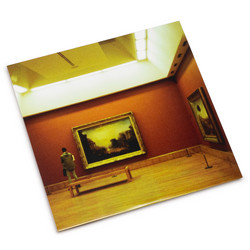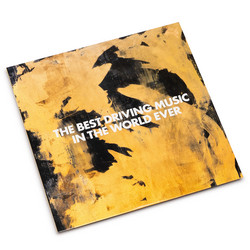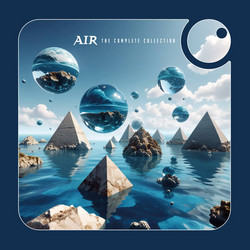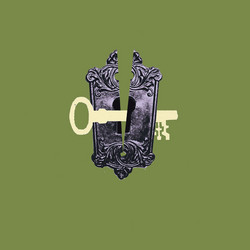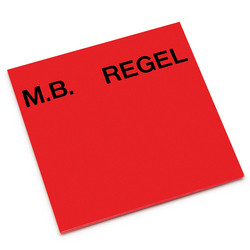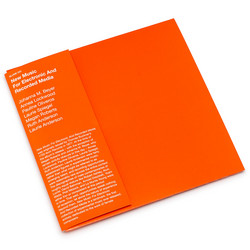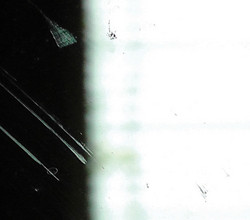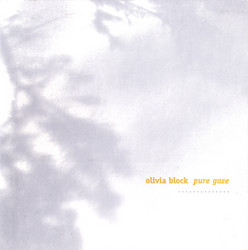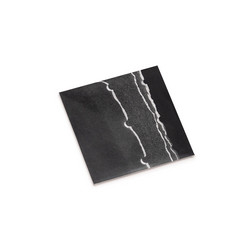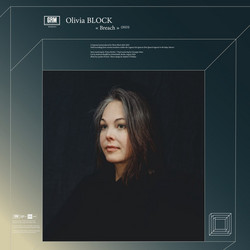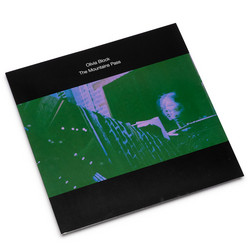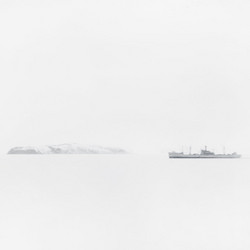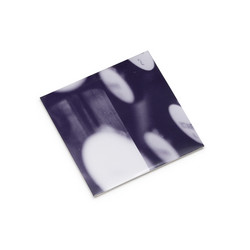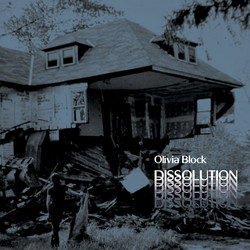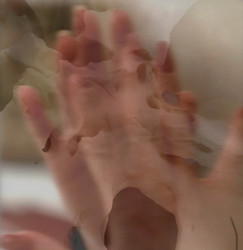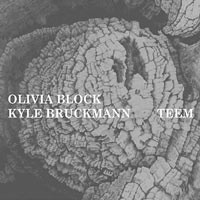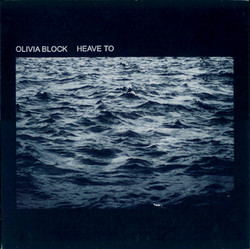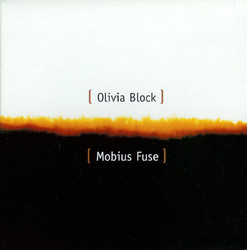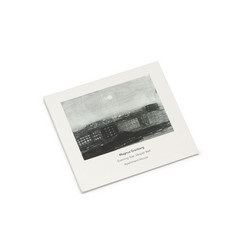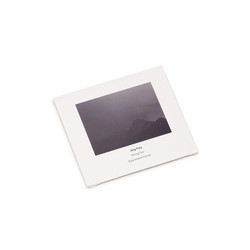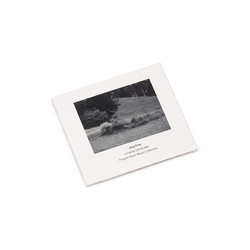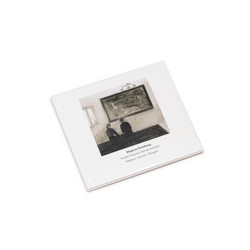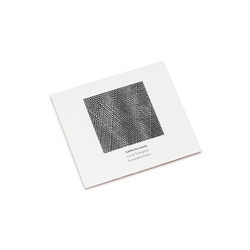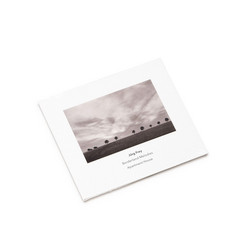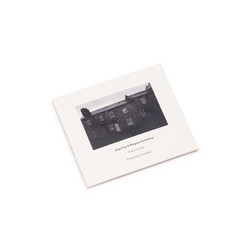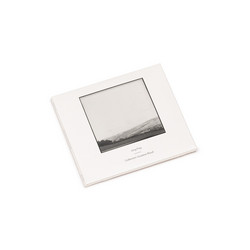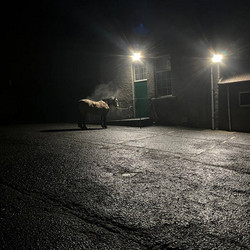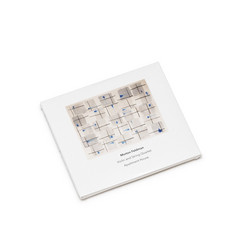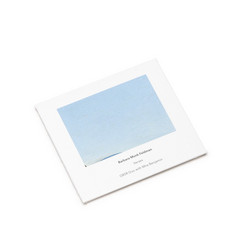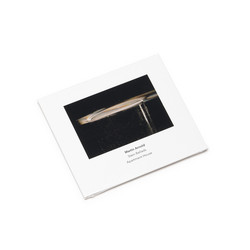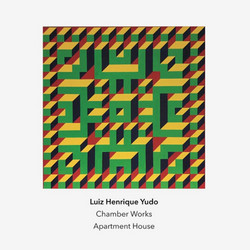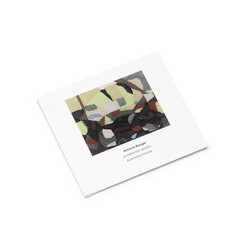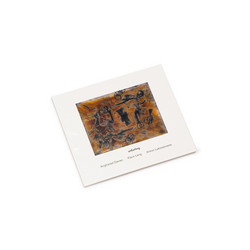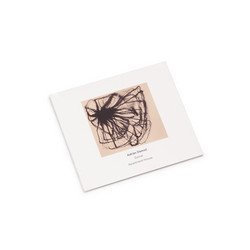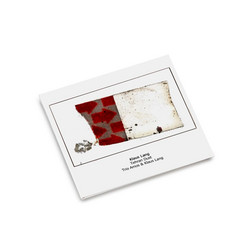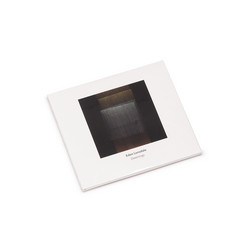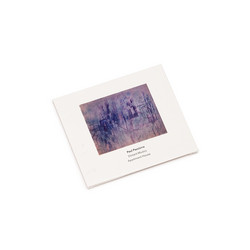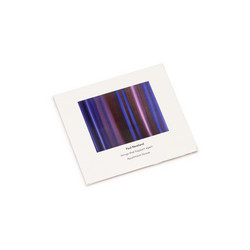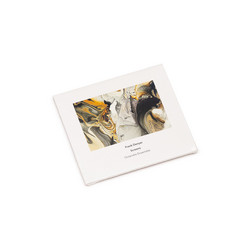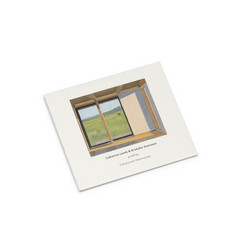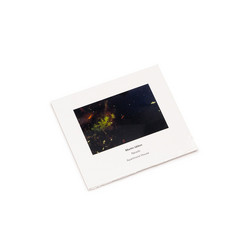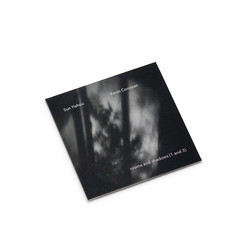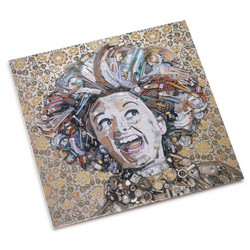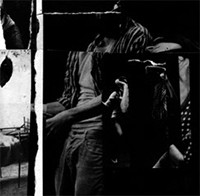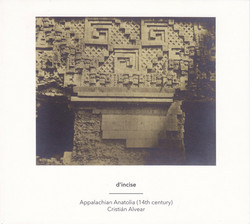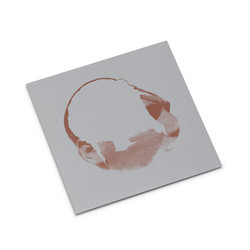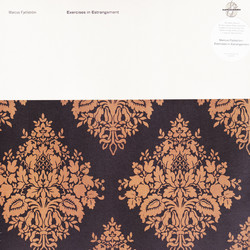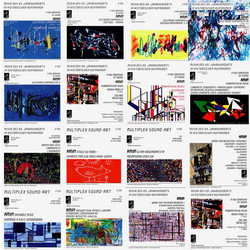a new untitled work for piano and organ by the highly-acclaimed Chicago-based composer-performer Olivia Block.
“This suite was created over a span of several years. I developed techniques inside piano through rehearsals and performances, sketched the basic ideas out – the motives, physical materials etc, leaving a lot of room for improvisation between the composed bits.”
________________________________________________________________
Interview with Olivia Block
What is your musical background and training? And how did you come to experimental music? I have a degree in biological anthropology, but I also attended a music conservatory and art school for sound. I think of myself as auto-didact, though. My initial training was when I was really young in Austin, Texas, playing in bands and working as an assistant in recording studios. I started listening to experimental collage and noise music when I was still in bands. I also discovered the music of Scelsi, Annea Lockwood, Phil Niblock, Ligeti, Jim O’Rourke, Harry Bertoia and the horn and cymbal music from Tibetan Buddhist monks.
I got a four-track recorder and started making solo tape collages. The band I was in played the collages in between songs. Then I wanted to quit the band and focus solely on the studio pieces. I bought a cornet at pawnshop and then only wanted to play cornet instead of guitar. At around that time in Texas I met Seth Nehil and John Grzinich. We started a trio, Alial Straa, performing and improvising in unconventional, acoustically rich locations. We performed in a drainage tunnel and used the rocks and leaves there as instruments. We made field recordings with a portable DAT recorder and used them in shows with amplified objects. As I progressed in my solo practice, I wanted to work with ensembles of musicians, adding a different live component to my performances. When I moved to Chicago in the late nineties, I became connected with Jim O’Rourke and the improvisers in his orbit like Jeb Bishop and Kyle Bruckmann. At first I mostly worked with improvisers, but over time, I composed scores for the musicians to play, which I could then record and add to my studio pieces later. After that, my ideas for scores became increasingly complex, and the combinations with studio-based sounds and musicians became more elaborate. I decided to gain a “formal education” in music composition.
I became fixated on making orchestral music. I thought about it and talked about it constantly. I wanted to study music formally because I needed to learn proper notational techniques for that medium. When I was studying at the conservatory I requested to be paired with teachers who used conventional notation. I wanted to know where to put the slurs and indentations properly. I could then create pieces for the orchestral reading sessions and try out ideas. I started thinking about how I wished orchestral music allowed for more improvisation in rehearsals, and thought about the social structures of music-making which contributed to my interest in anthropology. I had several solo recordings released before attending music school. I couldn’t finish at the conservatory because my touring schedule got in the way. I was older than the students there. I finished a degree in anthropology at Northwestern instead, attending school between my music-related trips.
Your work varies from purely electronic works, through live improvisation to fully scored orchestral pieces. Are you happy working in all the genres your work spans, or do some of them feel closer to you? Sometimes I wish I had a narrow focus in my practice. I think it would be easier to explain myself to people! But I keep expanding into different aspects of sound and music and other media. To me, these different branches all express my own sensibility and interests, so they related in my mind. I feel most comfortable in my studio working with recordings and electronic processing techniques. I love sitting down with headphones or in front of speakers and listening to ideas, changing them, listening, and so on. I am more adept at listening than at reading notation, so the least comfortable process for me is notating pieces, particularly if I am using conventional techniques (I often combine conventional and “experimental” notation techniques).
It takes me a long time to score something that I could simply tell a musician to do in a few minutes. Then, when I listen to the notated idea performed, it doesn’t sound right and I need to go back and rethink the scoring techniques. The process feels inefficient and complicated, but necessary, of course. Often I finish notating a score after I record the piece and all of the trial and error with musicians or myself is worked out. I listen to rehearsal recordings or concert recordings and notate the piece in retrospect. Now I am using old science experiments and other found texts as scores for performed pieces, which is a little more comfortable. This part of my practice is the least related to my studio work, in that the score leads the entire the process, whereas I usually hear a sound from my studio recordings or imagine sounds, then want to notate afterwards. That is the reverse of the ‘norm’ I guess.
From across the ocean, Chicago seems to be quite a vibrant centre for experimental music of various kinds. How do you see it, and do you feel part of a local ‘scene’? The Chicago experimental music scene is thriving now. We are in a moment here where there are competing experimental or new music performance events almost every night of the week at various venues in town. It’s a great problem to have. I travel a lot and when I am home I stay in a lot and work in the evenings, but I still feel very connected and supported. There are many organizers, musicians and composers I love here.
Details
Cat. number: at116
Year: 2017
